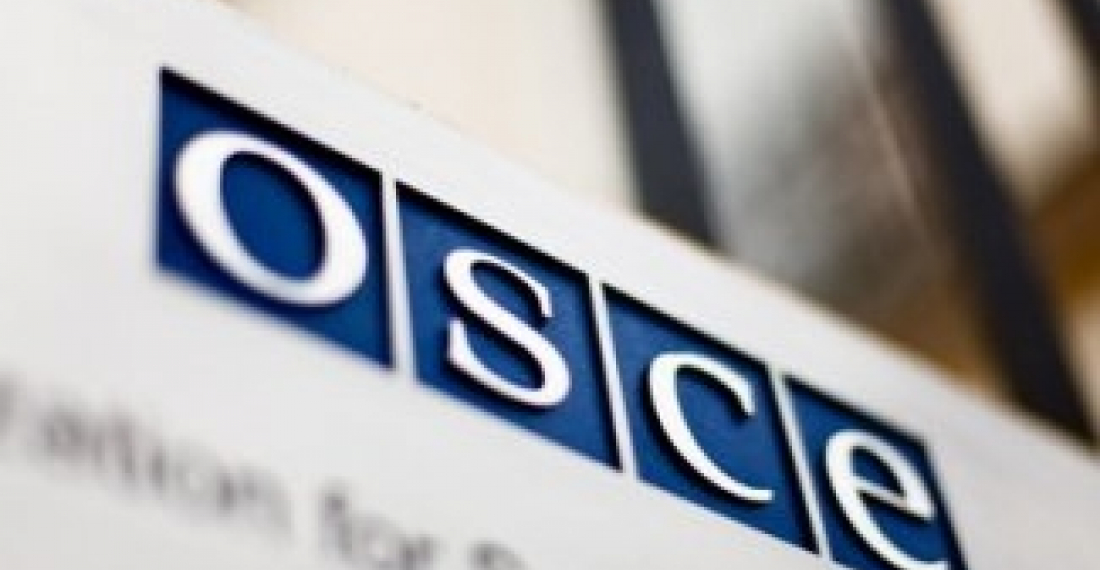Worsening the situation at the contact line of Azerbaijani and Armenian troops demonstrates the need for a rapid response to resolve the Nagorno-Karabakh conflict, which is so harmful to the peoples of the region.
The statement came from OSCE Chairperson-in-Office, Ireland's Deputy Prime Minister and Minister for Foreign Affairs and Trade, Eamon Gilmore at the 19th meeting of OSCE Ministerial Council today, Trend repots.
"I want to express my gratitude to Personal Representative of the OSCE Chairperson-in-Office Andrzej Kasprzyk for his active work in the region," he said.
He said that the OSCE is working in the interests of citizens.
"I urge all to participate in the constructive cooperation and demonstrate the relevance of our organization by 2015 in anticipation of the 40th anniversary of Helsinki Declaration," Gilmore said.
News.Az







